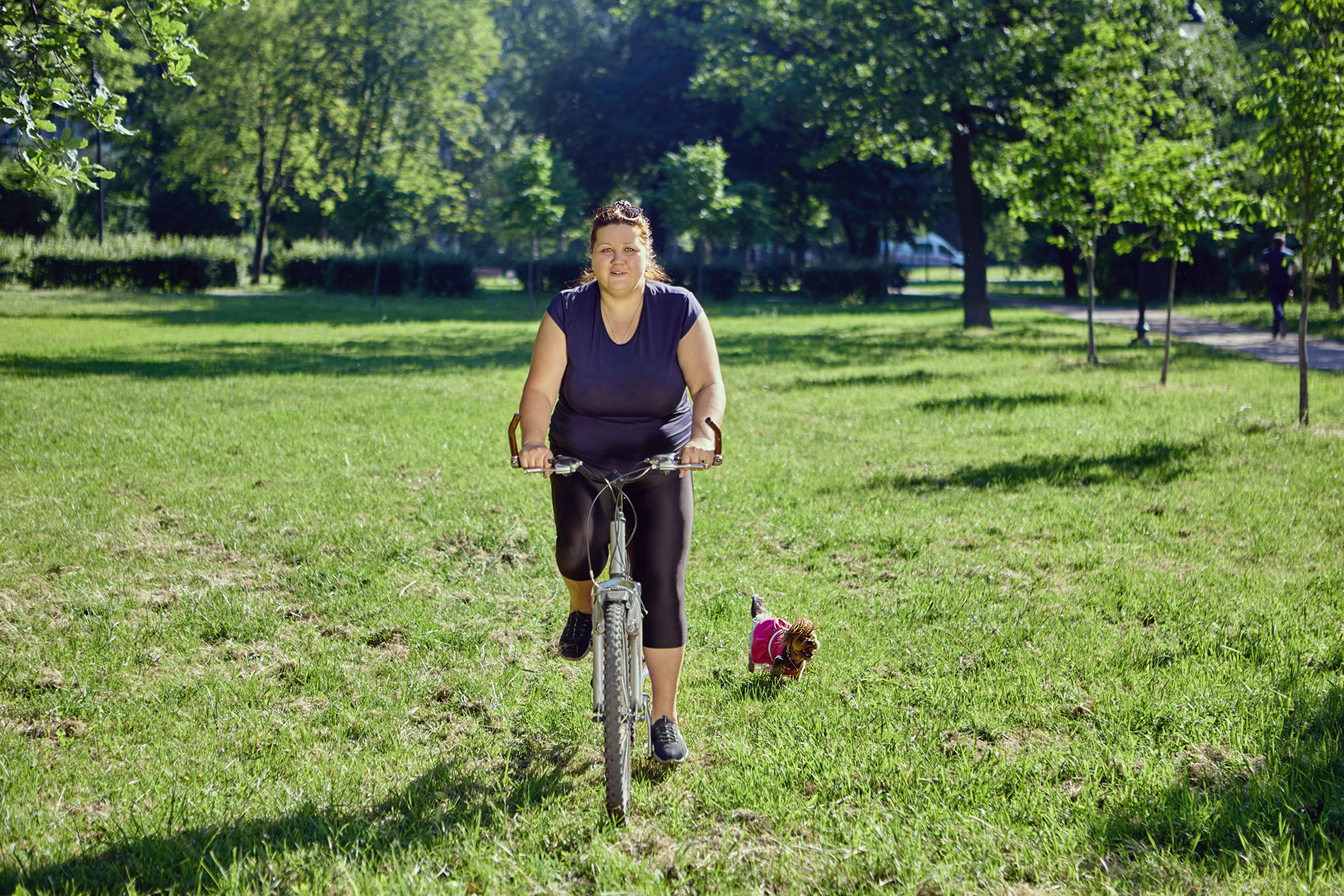Prediabetes is a serious health condition where your blood sugar levels are higher than normal, but not high enough yet to be diagnosed as type 2 diabetes. There are various blood tests to measure blood sugar levels. A fasting blood sugar level of 100 - 125 mg/dL indicates prediabetes.
According to the CDC, more than 1 in 3 U.S. adults have prediabetes—that’s 88 million people—but the majority of people don’t know they have it.
The good news is that by making small healthy lifestyle changes, it is possible to prevent type 2 diabetes and even reverse your prediabetes.
Here are some tips to help manage prediabetes and prevent diabetes.
- Take small steps. Making changes to your lifestyle and daily habits can be hard, but you don’t have to change everything at once. It is okay to start small. Remember that setbacks are normal and do not mean you have failed—the key is to get back on track as soon as you can.
- Move more. Limit time spent sitting and try to get at least 30 minutes of physical activity, 5 days a week. Start slowly by breaking it up throughout the day.
- Choose healthier foods and drinks most of the time. Pick foods that are high in fiber and low in fat and sugar. Build a plate that includes a balance of vegetables, protein, and carbohydrates. Drink water instead of sweetened drinks.
- Lose weight, track it, and keep it off. You may be able to prevent or delay diabetes by losing 5 to 7 percent of your starting weight.
- Seek support. It is possible to reverse prediabetes. Making a plan, tracking your progress, and getting support from your health care professional and loved ones can help you make the necessary lifestyle changes.
- Stay up to date on vaccinations. The COVID-19 (booster shot, if eligible) and flu vaccines are especially important for people who may be more likely to get very sick from COVID-19 or the flu, such as people with diabetes.






Leave a comment